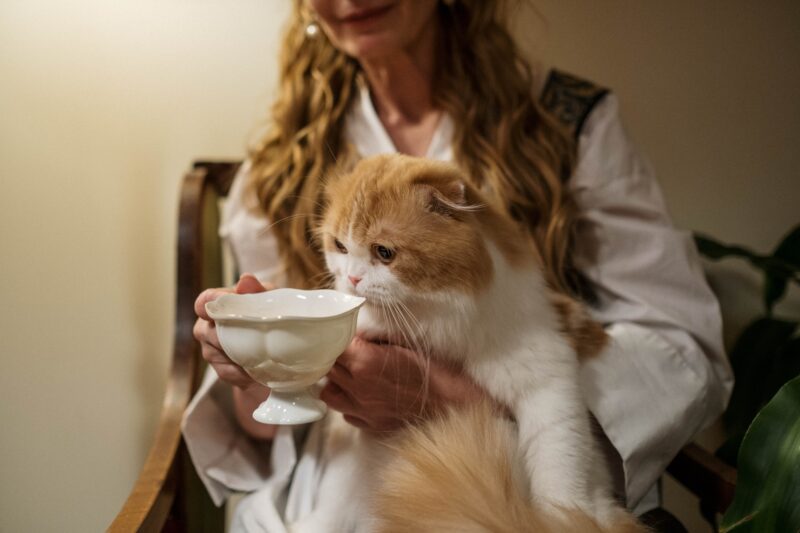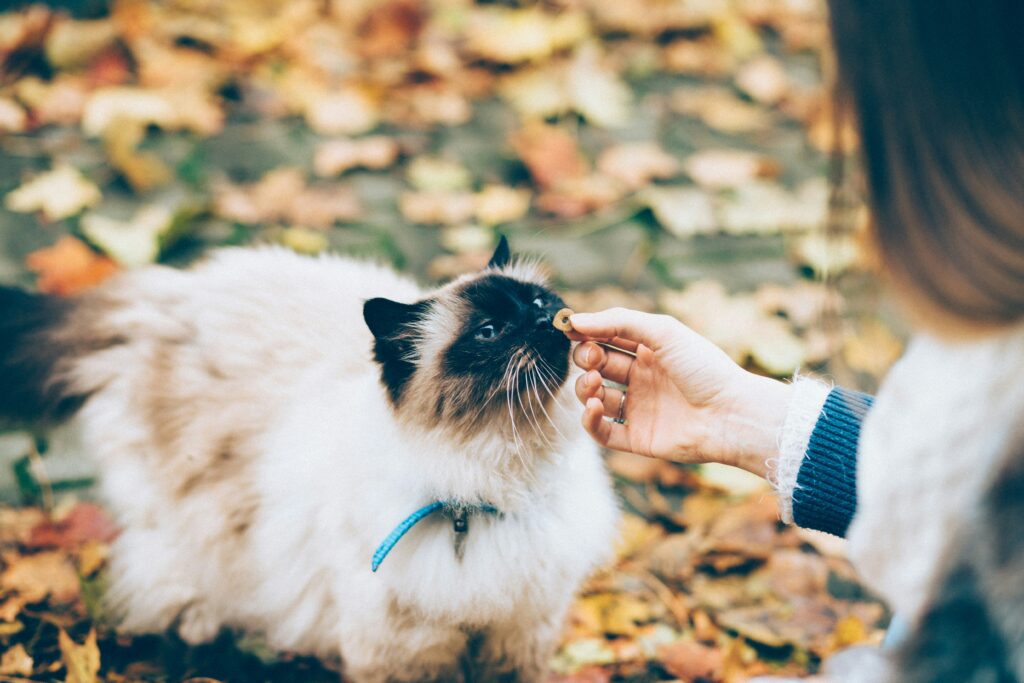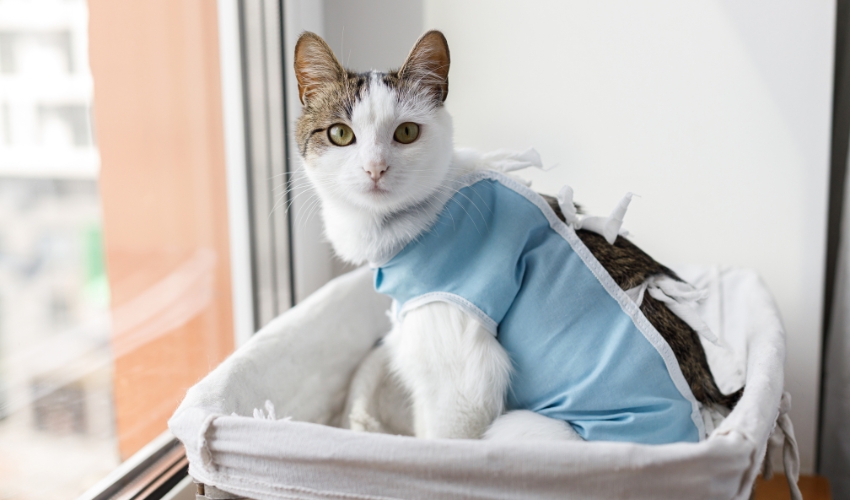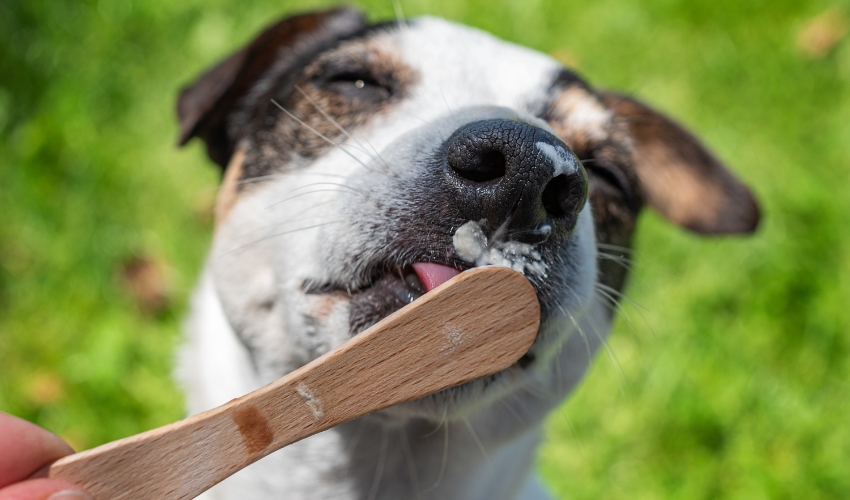Cats are cherished members of our families, and as responsible pet owners, ensuring their health and well-being is paramount. While providing a balanced and nutritious diet is fundamental, there’s growing recognition of the role supplements can play in enhancing cat health. In this comprehensive guide, we’ll delve into the potential benefits of supplements for cats, exploring specific types such as omega-3 fatty acids and joint support, and understanding when and why they might be necessary.
The Potential Benefits of Supplements for Cats:
- Overall Nutritional Support:
While high-quality cat food is designed to meet feline nutritional needs, supplementing with certain vitamins and minerals can offer additional support. Essential nutrients like vitamins A, D, and E, as well as minerals like calcium and phosphorus, contribute to various aspects of cat health, including bone strength, immune function, and skin health. Supplements can fill in nutritional gaps, especially in cases where a cat has specific dietary restrictions or health conditions that may impact nutrient absorption.
- Healthy Skin and Coat:
Omega-3 fatty acids, such as eicosapentaenoic acid (EPA) and docosahexaenoic acid (DHA), play a crucial role in maintaining healthy skin and a lustrous coat. These fatty acids have anti-inflammatory properties and can help alleviate skin conditions, reduce itching, and promote a glossy coat. Cats, particularly those with dry or itchy skin, can benefit from omega-3 supplements derived from fish oil or algae.
- Joint Support:
Joint issues are not exclusive to aging cats; they can affect felines of all ages and breeds. Joint supplements containing ingredients like glucosamine and chondroitin sulfate are known to support joint health and reduce the risk of conditions like arthritis. These supplements aid in maintaining joint flexibility, reducing inflammation, and promoting overall mobility. Cats that exhibit signs of joint stiffness or discomfort may benefit from joint support supplements, particularly as they age.
- Urinary Tract Health:
Cats are susceptible to urinary tract issues, including urinary tract infections (UTIs) and crystal formation. Cranberry supplements, known for their urinary acidifying properties, can be beneficial in preventing and managing certain urinary tract conditions. Additionally, supplements that promote a healthy urinary pH level may reduce the risk of crystal formation, especially in cats prone to urinary issues.
- Antioxidant Support:
Antioxidants play a crucial role in neutralizing free radicals, which can contribute to cellular damage and aging. Vitamins C and E, as well as other antioxidant-rich compounds, help protect cells from oxidative stress. While high-quality cat food often contains antioxidants, certain supplements can provide an extra boost, particularly for senior cats or those with specific health concerns.
Specific Supplements for Cats and When They Might Be Necessary:
- Omega-3 Fatty Acids:
Benefits: Omega-3 fatty acids, commonly found in fish oil or algae-based supplements, are renowned for their anti-inflammatory properties. They contribute to healthy skin, a shiny coat, and may aid in managing conditions such as allergies, dermatitis, and arthritis.
When Necessary: Cats with dry or flaky skin, excessive shedding, or signs of joint discomfort may benefit from omega-3 supplements. Additionally, cats with inflammatory conditions, such as allergies, may find relief from the anti-inflammatory effects of these fatty acids.
- Joint Support Supplements:
Benefits: Supplements containing glucosamine and chondroitin sulfate provide essential building blocks for cartilage health. They promote joint lubrication, reduce inflammation, and contribute to overall joint flexibility.
When Necessary: Joint support supplements are particularly beneficial for senior cats or those displaying signs of joint stiffness, reduced mobility, or arthritis. Cats recovering from joint-related surgeries may also benefit from these supplements.
- Cranberry Supplements:
Benefits: Cranberry supplements are known for their ability to acidify urine, which can help prevent urinary tract infections and reduce the risk of crystal formation. They may also contribute to overall urinary tract health.
When Necessary: Cats prone to urinary tract issues, including recurrent infections or crystal formation, may benefit from cranberry supplements. Additionally, cats with certain medical conditions that impact urinary health may find these supplements beneficial.
- Multivitamins:
Benefits: Multivitamin supplements provide a comprehensive array of essential vitamins and minerals, filling in potential nutritional gaps in a cat’s diet. They support overall health, including immune function, bone health, and energy levels.
When Necessary: Cats with specific dietary restrictions, such as those on homemade diets, may benefit from multivitamin supplements to ensure they receive a well-rounded spectrum of essential nutrients. Senior cats and those with underlying health conditions may also benefit from additional vitamin and mineral support.
- Probiotics:
Benefits: Probiotic supplements contain beneficial bacteria that support a healthy digestive system. They can aid in maintaining gut flora balance, improving digestion, and enhancing nutrient absorption.
When Necessary: Cats with digestive issues, such as diarrhea, constipation, or a history of antibiotic use, may benefit from probiotic supplements. Additionally, cats undergoing dietary changes or experiencing stress (such as moving or changes in routine) may benefit from probiotic support.
- Taurine Supplements:
Benefits: Taurine is an essential amino acid for cats, critical for heart health, vision, and reproductive function. While high-quality cat food is formulated to meet a cat’s taurine requirements, certain health conditions or dietary factors may warrant supplemental taurine.
When Necessary: Cats with specific health conditions, such as heart disease, or those on homemade diets that may lack sufficient taurine, may require supplemental taurine. Consultation with a veterinarian is crucial to determine the necessity and dosage of taurine supplementation.
- Lysine Supplements:
Benefits: Lysine is an amino acid that plays a role in immune function and may be beneficial in managing feline herpesvirus (FHV-1) infections, a common respiratory condition in cats.
When Necessary: Cats diagnosed with FHV-1 or those prone to recurrent respiratory infections may benefit from lysine supplementation. However, it is crucial to consult with a veterinarian to determine the appropriate dosage and duration of supplementation.

Conclusion:
Supplements can play a valuable role in supporting the health and well-being of our feline companions. While a balanced and nutritionally complete diet remains the foundation of cat care, certain supplements can address specific health concerns and contribute to overall vitality. Omega-3 fatty acids for skin and coat health, joint support supplements for mobility, cranberry supplements for urinary tract health, and other targeted supplements fulfill unique roles in feline health.
Understanding the potential benefits of supplements and recognizing when they might be necessary empowers cat owners to make informed decisions about their pets’ care. It’s crucial to approach supplementation with a purpose, tailoring choices to the individual needs of each cat. Consulting with a veterinarian is key in determining the appropriateness, dosage, and duration of supplement use, ensuring that your cat receives optimal care for a healthy and thriving life.












